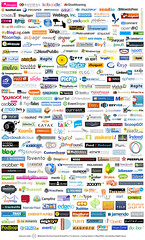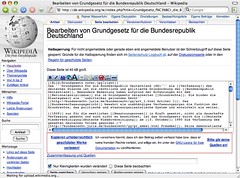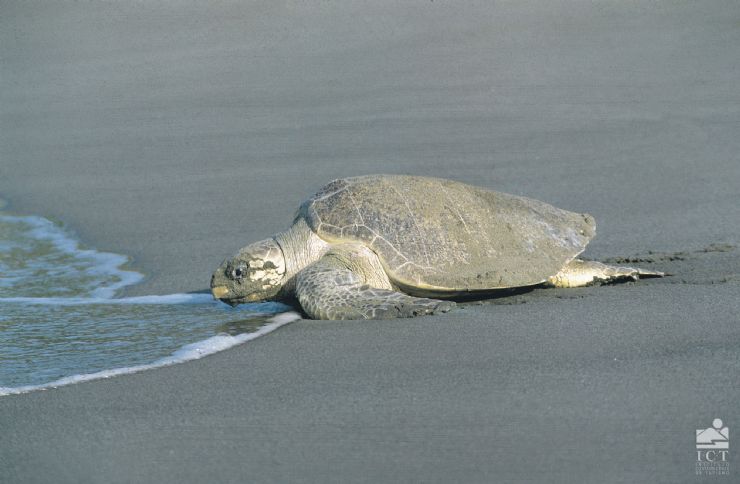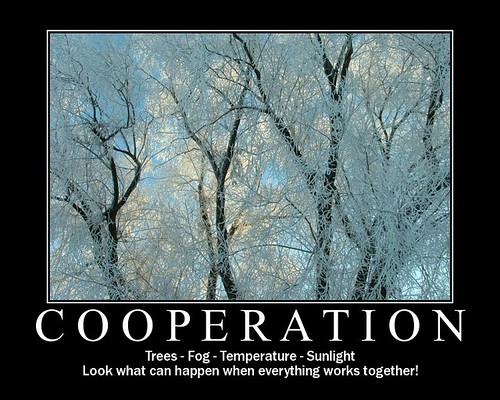 WIKI WIKI
WIKI WIKI
What is a WIKI? Wiki is a piece of server software that allows users to freely create and edit Web page content using any Web browser; it supports hyperlinks and has a simple text syntax for creating new pages. Moreover, wiki software lets its users comment on and change one another's text. Like many simple concepts, "open editing" has some profound and subtle effects on wiki usage. Allowing everyday users to create and edit any page in a Web site is exciting and that encourages democratic use of the Web even by non technical users.
Let’s have a look at WIKIPEDIA…

Perhaps the best-known use of wiki software is Wikipedia, an online encyclopedia using the model of open-source software development. The website takes its name from the software that powers it, known as a “wiki”, which means “quick” in Hawaiian. Users write articles and post them on Wikipedia, and these articles are then open for vetting and editing by the community of Wikipedia readers, rather than by a single editor. Just as open-source software has been developed by nonprofit communities, Wikipedia is a nonprofit effort too. Thanks to Wikipedia, anyone can create new entries or edit existing pages, providing their efforts survive the attention of a small group of volunteer administrators.
Avoiding MISinformation
Wikipedia is free for anyone to edit and contains millions of articles on a huge range of topics. The remarkable scale of the voluntary project is, however, sometimes overshadowed by concerns over the quality and accuracy of its pages. It can be the case that certain individuals attempt to thwart open-source Web sites such as Wikipedia by introducing false or misleading content. Rather than worrying about every user's actions and intentions, proponents of wiki software rely on their community of users to edit and correct what are perceived to be errors or biases. It has tightened its editorial rules in an effort to stamp out vandalism and the posting of deliberate misinformation. The site, for example, will now require visitors to register before creating new entries.
Wikiquette
Because there are so many wiki authors a sort of guide has been created which has been generally accepted among editors. It provides some principles that are considered a standard to all users. To sum up this standard of conduct we can say that a wiki author has to assume good faith, he/she has to be polite and civil, he/she has to register himself/herself, he/she always has to quote to argue facts, he/she should be prepare to apologize especially in animated discussions and nobody has to forget the so called Golden rule “treat others as you want them to treat you” (from Wikipedia: Etiquette).
My personal impressions on the wiki-sphere
Wiki has turned out to be much more that I’d imagined! That is not to say that I probably didn't imagine a lot but that wiki is even more! A wiki is an easy-to-use web page that multiple people can edit: it can let us collaborate online and share information. Everyone can use it: friends can use it to plan their trips, students and classmates use educational wikis to collaborate with their teachers creating class pages or student pages for comments and updates, coworkers use wikis to run projects, etc. Different people are using Wikipedia to share their knowledge and whether or not they should or shouldn’t be trusted.
After having done my background reading and listened to wikis and its Wikiquette, some keywords come immediately to my mind when I think about wiki:
- open – every time one finds a page which seems to be incomplete or poorly organized he/she can edit it as he/she sees fit. The result is that both the structure and the text content of the site are open to editing and evolution;
- universal - the mechanisms of editing and organizing seem to be the same as those of writing so that any writer is automatically an editor and organizer;
- tolerant (in some ways) - interpretable behaviour is preferred to error messages;
- observable - activity within the site can be watched and reviewed by any other visitor to the site;
- trust – I guess this is the most important thing in a wiki. Trust the people, trust the process, enable trust-building. Everyone controls and checks the content. Wiki relies on the assumption that most readers have good intentions J
- fun – everybody can contribute; nobody has to;
- sharing - of information, knowledge, experience, ideas, views...
Moreover, wiki enables guest interaction and I believe this could be a good collaboration tool and last but not least its power for supporting the work of social networks is great.
Alice
Photos taken from: Flickr






